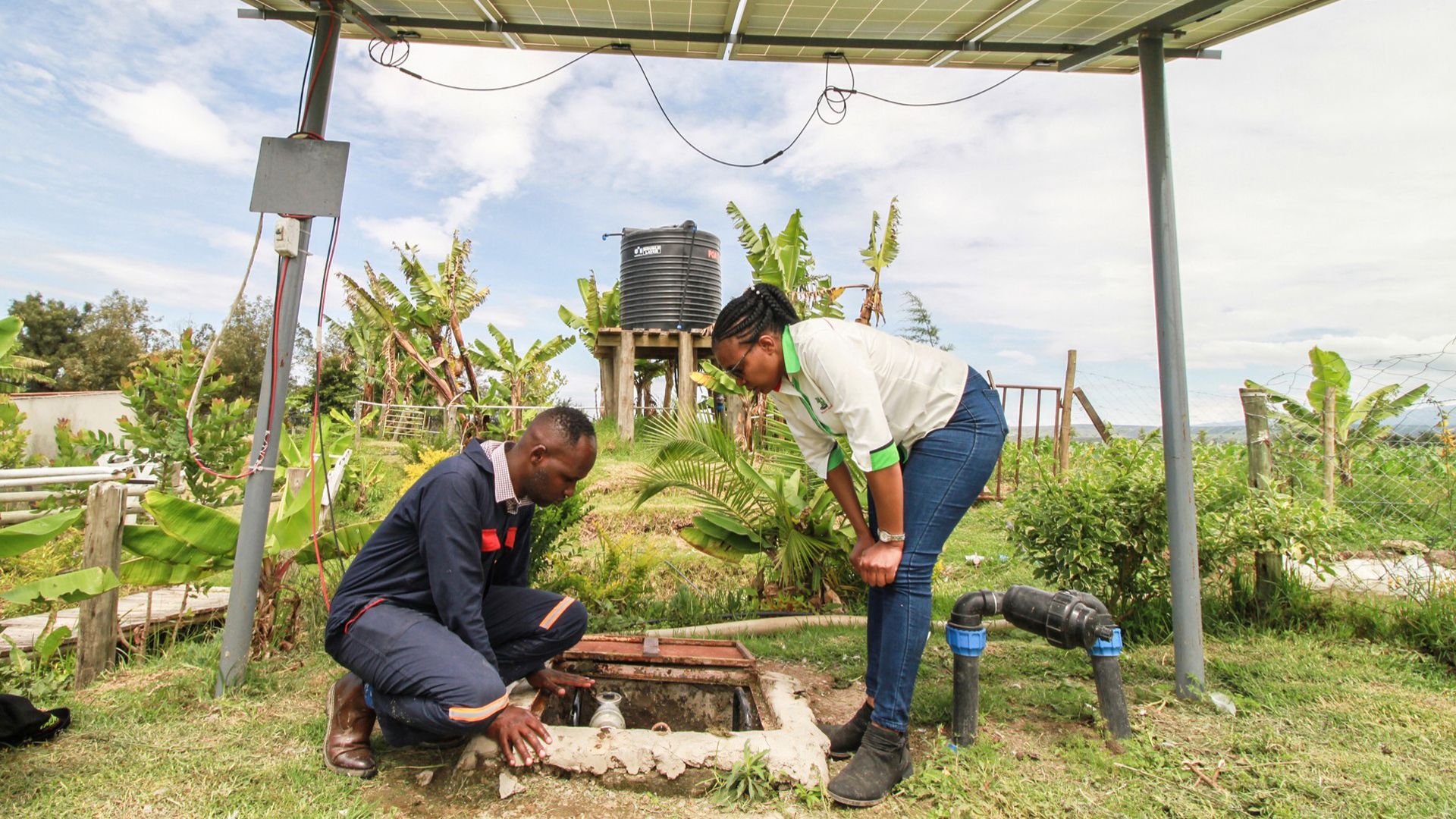Klima, Katastrophenvorsorge und Umwelt
Klimawandel, Naturkatastrophen und Umweltzerstörung gefährden die globale Stabilität und die Fortschritte bei der nachhaltigen Entwicklung. Die DEZA begegnet diesen Herausforderungen durch Projekte, welche die Menschen und ihre Lebensgrundlagen sicherer und widerstandsfähiger machen, Treibhausgasemissionen reduzieren und eine nachhaltige Entwicklung fördern.

Kontakt
DEZA / Thematische Zusammenarbeit
Eichenweg 5
3003 Bern
Eichenweg 5
3003 Bern

